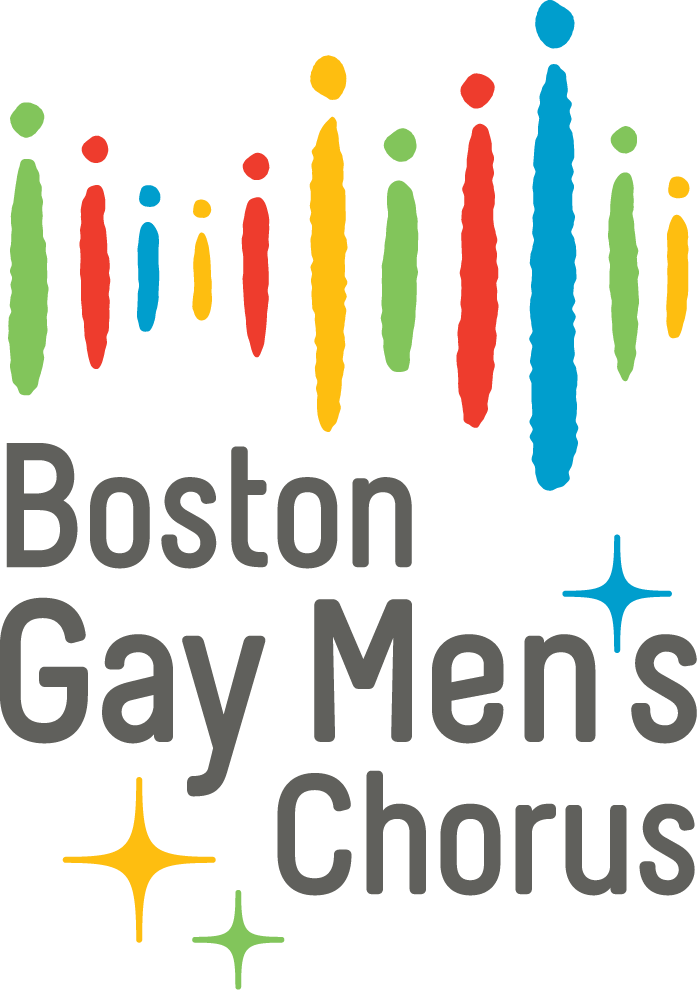He left his home country of Malawi for South Africa in 2011 after his parents disowned him. Today he is the gender rights and LGBTQ advocacy coordinator at PASSOP (People against Suffering, Oppression and Poverty), a grassroots nonprofit that advocates for the rights of asylum seekers, refugees and immigrants in South Africa.
Next June, we’ll meet Victor in Cape Town as well as some of the LGBTQ refugees PASSOP is working with. We’ll also perform a benefit concert to raise money for PASSOP and the work it does with LGBTQ refugees and asylum seekers.
In a brief chat that our South Africa tour organizer recently recorded on video, Chikalogwe explained the work he does with LGBTI refugees, asylees, and immigrants—who have unique needs among the large community of people who have fled to South Africa seeking a safer life.
PASSOP’s community integration project connects LGBTQ refugees with religious leaders and other community members from their home country. PASSOP also helps with finding housing, and medical care.
PASSOP also does legal advocacy for LGBTQ refugees. “In South Africa, everyone say, ‘Oh, the South African Constitution is very beautiful!,” Chikalogwe says. “But when it comes to implementing it [there are problems].”
Under the South African Constitution, LGBTQ people who come to South Africa from anywhere in Africa and applies for asylum based on sexual orientation discrimination should automatically be approved as a protected refugee. In practice, though, for every 100 people who apply for asylum based on their LGBTQ status, only four get it.
More public awareness and education about LGBTQ people is needed, Chikalogwe says. Looking ahead to BGMC’s Cape Town area concert, Chikalogwe says it will be a good opportunity to further understanding of gay people and gay identity in a community that might be taken aback by the idea of a gay chorus.
“I think it will bring a change in the sense that people [will] understand, what does it mean to be gay,” Chikalogwe says. “When taking into consideration that the people who are going to be attending this event will not be only gay people, but it will be even parents of kids who are gay and even those people who [don’t] have kids who are gay. … I think people think being a choir member is someone who is straight and gay people, they don’t deserve to sing and do all that. So for them coming and seeing [BGMC], I think it’ll bring a change and people realize that we are equal regardless of who we are.”
